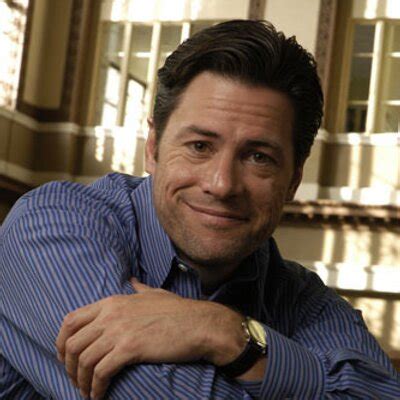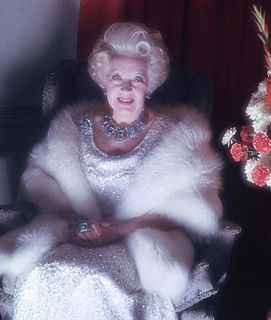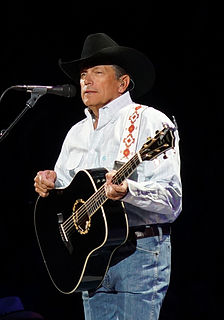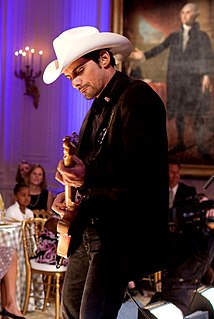A Quote by Deborah Levy
Related Quotes
The poet must not only write the poem but must scrutinize the world intensely, or anyway that part of the world he or she has taken for subject. If the poem is thin, it is likely so not because the poet does not know enough words, but because he or she has not stood long enough among the flowers--has not seen them in any fresh, exciting, and valid way.
My mother teaches high school English, and she's an artist and a poet and a sculptor, she's published twelve poetry books. I grew up in a household in Venezuela with living, breathing art installations that were the way that she used to express herself, a highly creative environment where ideas were celebrated, where artistic expression was celebrated. Seeing her as somebody who was always able to have a creative output - if she felt sad, she wrote a poem, if she felt happy, she made a sculpture - I think for me, there was an early interest in finding outlets for my passions.
When American poet Alice Notley was very young, she used to sit in front of the radio and just listen. When she got older, she began to hear words and songs in her head everywhere she went - songs she loved, like 'Begin the Beguine' by Cole Porter, and her own words that sometimes tumbled out into poems.
Our bread need not ever be sour or hard to digest. What Nature is to the mind she is also to the body. As she feeds my imagination, she will feed my body; for what she says she means, and is ready to do. She is not simply beautiful to the poet's eye. Not only the rainbow and sunset are beautiful, but to be fed and clothed, sheltered and warmed aright, are equally beautiful and inspiring. There is not necessarily any gross and ugly fact which may not be eradicated from the life of man.
To the scientist Nature is a storehouse of facts, laws, processes; to the artist she is a storehouse of pictures; to the poet she is a storehouse of images, fancies, a source of inspiration; to the moralist she is a storehouse of precepts and parables; to all she may be a source of knowledge and joy.
I think Miss Moore was right to cut "The Steeple-Jack" - the poem seems plainer and clearer in its shortened state but she has cut too much... The reader may feel like saying, "Let her do as she pleases with the poem; it's hers, isn't it?" No; it's much too good a poem for that, it long ago became everybody's, and we can protest just as we could if Donatello cut off David's left leg.
[Short Talk on Sylvia Plath] Did you see her mother on television? She said plain, burned things. She said I thought it an excellent poem but it hurt me. She did not say jungle fear. She did not say jungle hatred wild jungle weeping chop it back chop it. She said self-government she said end of the road. She did not say humming in the middle of the air what you came for chop.
I know that in a poem, even when the speaker is speaking from the poet's experience, there's always something that's borrowed, some authority that sits outside of the poet that the poem has claimed. There's a dramatic pitch that makes the speaker capable of saying something more courageous or stranger or simply other than what the poet would be able to say.
She's a yellow pair of running shoes, a holey pair of jeans. She looks great in cheap sunglasses, she looks great in anything. She's, "I want a piece of chocolate cake; take me to a movie." She's a, "I can't find a thing to wear." Now and then she's moody. She's a Saturn with a sunroof with her brown hair blowing. She's a warm conversation I wouldn't miss for nothing. She's a fighter when she's mad and she's a lover when she's lovin'.
My grandmother was energetic and fearless - a talented poet and songwriter. She was also interested in chemistry and history and medicine, taking care of the people in her hacienda in Mexico, delivering babies. She could have become anything, but this was the 1930s, and she was forced into an arranged marriage.







































